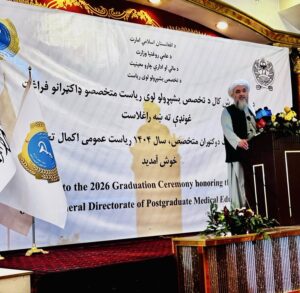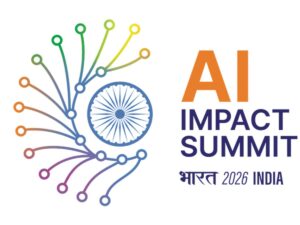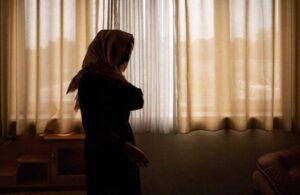KABUL (SW) – Close to 20,000 women of childbearing age, including 1,929 who are currently pregnant, are among those affected by the deadly earthquake that shook the provinces of Paktika and Khost in Afghanistan, said the UNPF.
Of the pregnant women, 648 are in their last trimester or expected to give birth in the next three months. These women need sustained access to life-saving reproductive health services such as skilled birth attendance, facility-based delivery, and referral for comprehensive emergency obstetric and newborn care, as necessary.
The United Nations Population Fund, through its partner Agency for Assistance and Development of Afghanistan (AADA), supported the deployment of five mobile health teams to the affected areas to support health facilities inundated by a stream of earthquake survivors who needed immediate medical care.
To ensure safe deliveries amidst the overwhelming demand for medical care, UNFPA and partners have initially distributed 10 Clean Delivery Kits to benefit around 2,000 pregnant women who are unable to get to a health facility to safely deliver during the emergency to avoid deadly infections. The Clean Delivery Kits contain the most basic essential supplies such as a plastic sheet, a blanket, sterile gloves, soap, a razor blade, and an umbilical cord tie.
Two Family Health Houses also supported by UNFPA in Paktika remain open and functional and continue to deliver maternal and reproductive services for women, girls, as well as general health services especially for the earthquake casualties.
Twelve midwives recently trained by UNFPA have been deployed to support the provision of emergency maternal and newborn health services in Paktika, with six midwives deployed to Sharan Provincial Hospital, and six to district hospitals in Urgon and Giyan.
Aside from providing health services, the mobile health team are also providing psychosocial support and services and are distributing 1,000 Dignity Kits for women and girls in the affected areas through the support of the Organization for Health Promotion and Management (OHPM). Dignity Kits help ensure women and girls are able to access hygiene supplies for their special needs, including for menstruation. The kit contains basic hygiene items like reusable menstrual pads, soap, and underwear.
UNFPA is closely working with partners in the devastated areas to support the coordination of humanitarian assistance for the most affected population, with particular focus on the needs of women and girls.
The response comes on top of UNFPA’s full engagement in responding to the overall humanitarian crisis in Afghanistan since the August 2021 takeover of the de facto government of the Taliban. Early this year, UNFPA appealed for $251.9 million funding to respond to the reproductive health and psychosocial support and services needs of 9.2 million people.
So far, UNFPA has received only 21 per cent of the appeal. With other crises occurring, such as the devastating earthquake, there is a need to meet the required resources to meet the urgent needs of the people in need of humanitarian assistance.
ENDS







